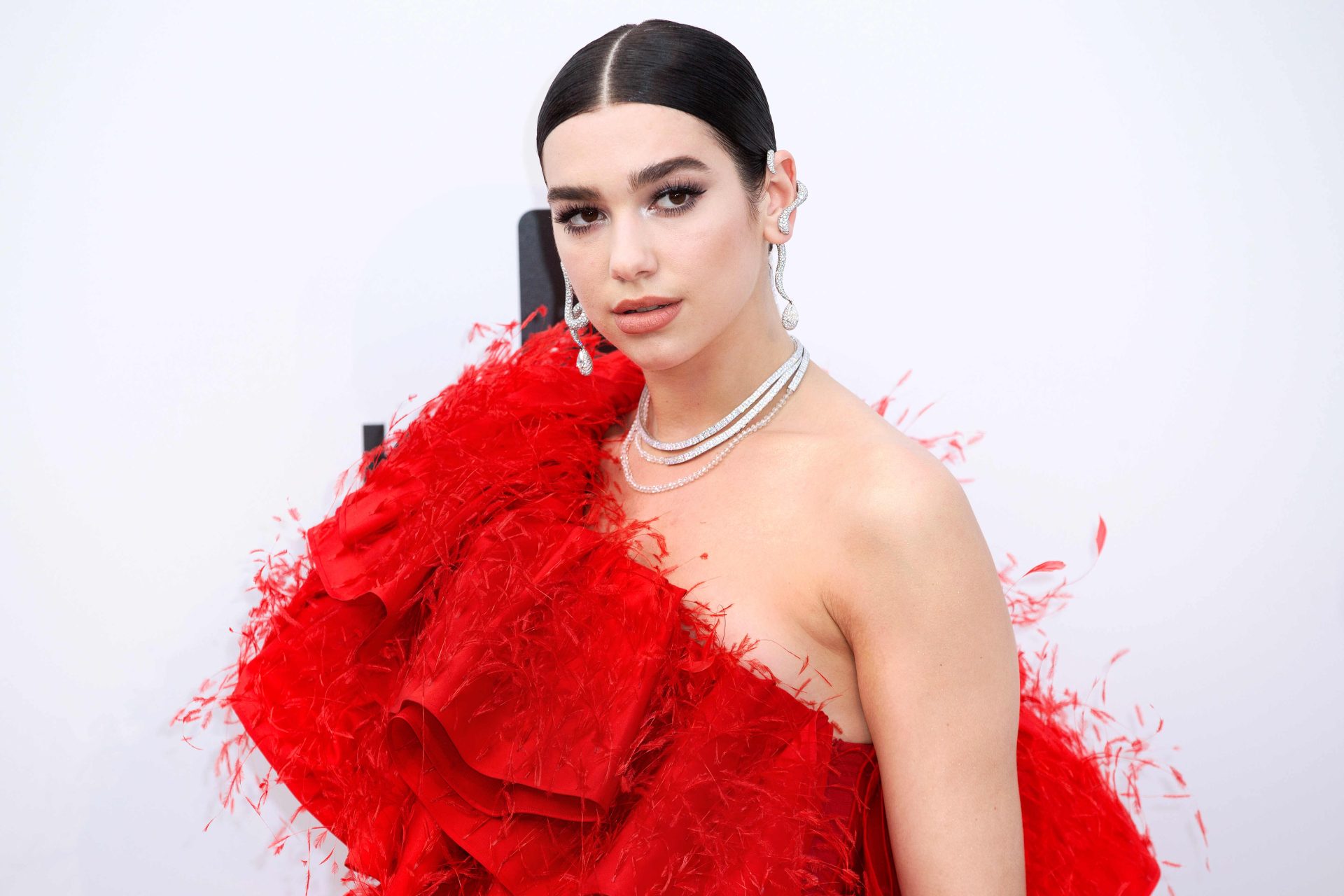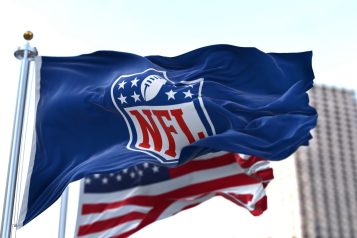Dua Lipa’s chart-topping track ‘Levitating’ is once again under the spotlight, this time with a fresh legal twist.

The celebrated artist and Warner Music Group are currently entangled in a high-stakes federal lawsuit brought forth by musician Bosko Kante in Los Angeles. The case centers around alleged copyright infringements related to the hit song, which managed to hold its position on the Billboard Hot 100 chart for an impressive 77 weeks.
In a legal filing submitted on July 31, Kante contends that the acclaimed British singer employed a talk box recording – produced using a device worn around the neck that manipulates the sounds of a synthesizer or guitar through vocal articulation – without obtaining proper authorization. These unauthorized elements were incorporated into three distinct remixes of “Levitating.”
Kante, the visionary behind the mobile talk box company ElectroSpit, is the driving force behind this legal action. The crux of his claim revolves around the fact that music producer Stephen Kozmeniuk approached Kante to create a talk box performance for “Levitating.” While no written contract existed, Kante asserts that explicit verbal agreements were made, stipulating that the performance would be solely utilized in the original recording and not subject to further sampling or reuse.
One of the contested remixes featuring rapper DaBaby has garnered over 1.8 billion plays on Spotify alone, adding significant weight to Kante’s claims.
Within the framework of this legal battle, Kante seeks compensation amounting to over $20 million. This sum symbolizes the potential financial ramifications and underscores the complexity and intricacy of copyright disputes within the modern music landscape.
This incident marks the third instance of legal action against Dua Lipa concerning her 2020 hit. In a separate case, a complaint filed by the reggae group Artikal Sound System was dismissed by a court in June. Additionally, Lipa remains embroiled in an ongoing legal battle with songwriters L. Russell Brown and Sandy Linzer.
These cases accentuate the perpetual struggle to safeguard creative rights within an industry that continuously pushes the boundaries of artistic expression. As the legal landscape of the music industry continues to evolve, artists and creators alike are compelled to navigate the delicate balance between artistic innovation and intellectual property protection.


















